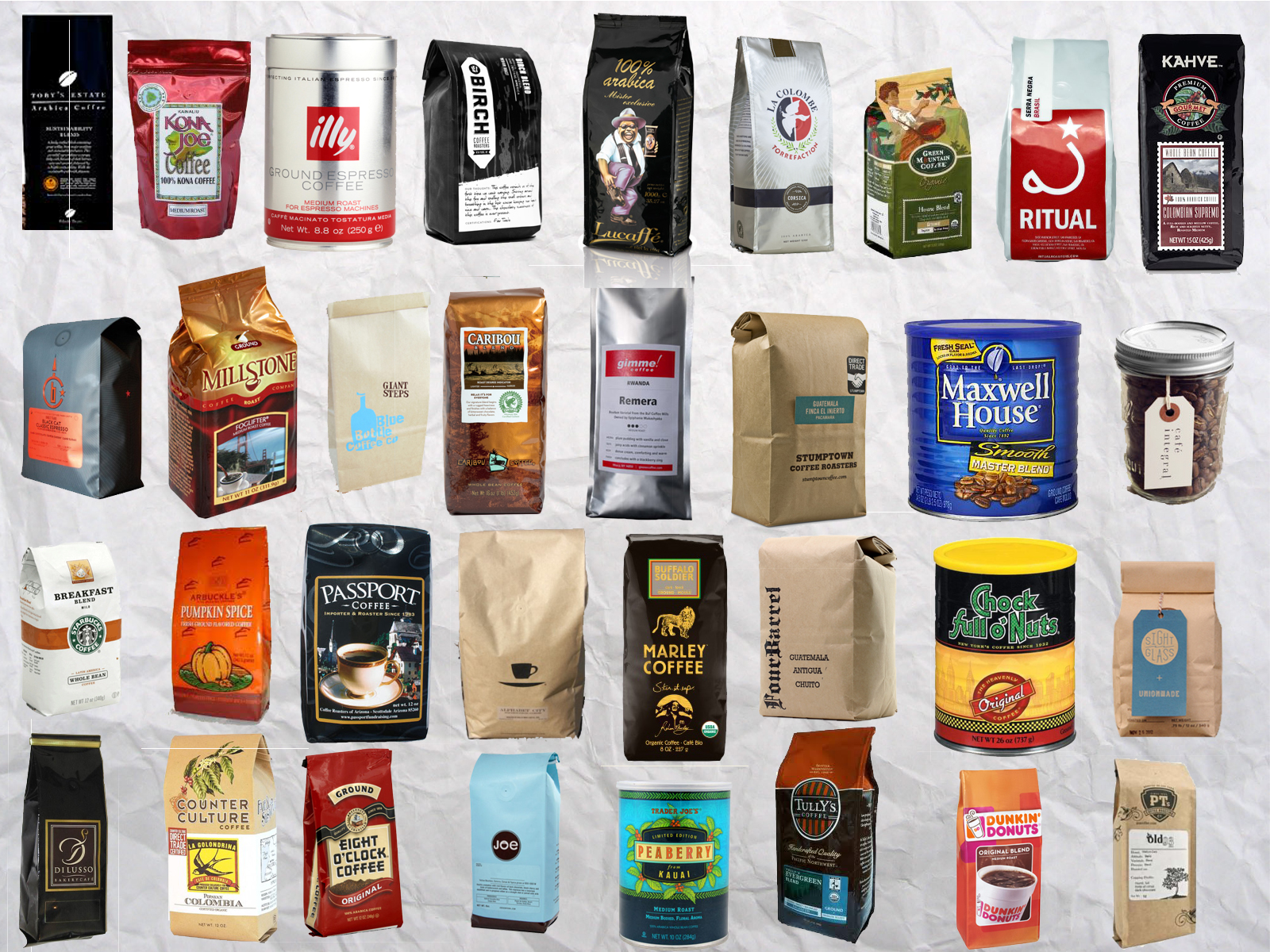I find myself often explaining to my fiancee why different aspects of coffee matter, and how, before I even open the bag, I can tell if a coffee will be good or not. Here's how.
Preamble
One fine day my fiancee called me a snob for not wanting to try a new coffee. To her mind, I was being closed minded and arrogant for thinking that I knew everything about the beans. In the end, I caved and tried the coffee. But to prove my point I did a blind, side-by-side comparison of the un-named coffee and a Blue Bottle ABS Finca La Florida SO. I was vindicated, but it got me thinking, how can you figure out if a coffee is good without trying it? The truth is, you can't. But there are definitely some indications that a coffee has the potential to be good. Here are the things to look for:
What to look for in a good bag
1. A respected roaster- The chances are, that if you are buying coffee from a roaster you respect, then you are probably getting a high quality product. The coffee may not be to your taste, exactly (for example, I usually don't care for Indonesian coffees) but it should be relatively free of flaws. This is the single easiest way to ensure you're buying a decent cup.
2. Roast date- Buy fresh coffee. Even more importantly, make sure that the package has the roast date labelled on it. I've had people try to tell me that roast date doesn't matter. When you hear that, turn around and leave, the chances aren't good that you'll get a cup worth remembering.
3. Whole Beans- I understand that not everybody has a grinder at home. Ideally, if this is the case, you should buy the whole bean bag, and then have the cafe, or supermarket or whatever grind it for you. If the packaging says "Ground" you're barking up the wrong tree. Coffee that is manufactured and ground right then and there may offer an okay cup, but it shows a lack of understanding about how truly exceptional coffee needs to be treated.
4. Terroir and Farm- Most coffee snobs have a preference for a region when it comes to coffee, but that isn't what this is about. If you only ever stuck to your wheel-house you would never get to try some of the amazing coffees that exist in the world. Check the packaging, and lacking that, ask the barista about the sourcing for the beans. If the barista doesn't know, and the package doesn't say, you are more likely to get an indifferently sourced coffee. Simply having the country, however is not enough. Because of the way that coffee is traditionally (i.e. not Direct Trade) sourced, country of origin alone will tell you little about the beans. Look for some indication of the farm, region or co-op the beans are from. Even better, look for some marking as to the wash and drying process. Attention to details like this on the part of the roaster are essential for a truly good cup. Even if you are buying a blend, which often won't have as much information about source, a good roaster will give some indications as to where the component coffees come from.
5. Cupping notes- These will at least let you know that the roaster has tried their coffee. If there are notes like "Pipe tobacco" or "tar" you may be looking at a nice way of saying "we roast the crap out of our poor beans or we buy muddy beans in the first place." That isn't always the case; sometimes a coffee is bold and earthy and isn't a bad thing.
What to avoid:
1. 100% Coffee- You would hope it would be. This is a way of saying "we don't know what's in here"
2. Robusto- For the most part, any coffee bragging of being a robusto is assuming ignorance on your part.
3. 100% Arabica- This is much more common. It is true that all the best coffees in the world come from this pant-leg as it were of the bifurcated species of coffee. But not all Arabica are created equally. You should look instead for a mention of varietal. Not all coffees will have it, but if they do, you're more likely to get a better cup. The varietal itself doesn't guarantee quality, but attention to details such as varietal imply a level of attention necessary for good beans.
4. Meaningless labeling- If a coffee is talking about the "joy of a simple cup" or the "fine tradition of Costa Rican coffee growing" they are wasting space where they could have been giving you information on what you're drinking. Often, this is due to a lack of knowledge on the roaster's part. Packaging should be informative, not trying to evoke a feeling. That is what the beans inside are for.
I can't guarantee that if you follow there guidelines you'll love all the coffee you ever buy, but you'll certainly be more likely to. Cheers and good hunting.
-Adam



